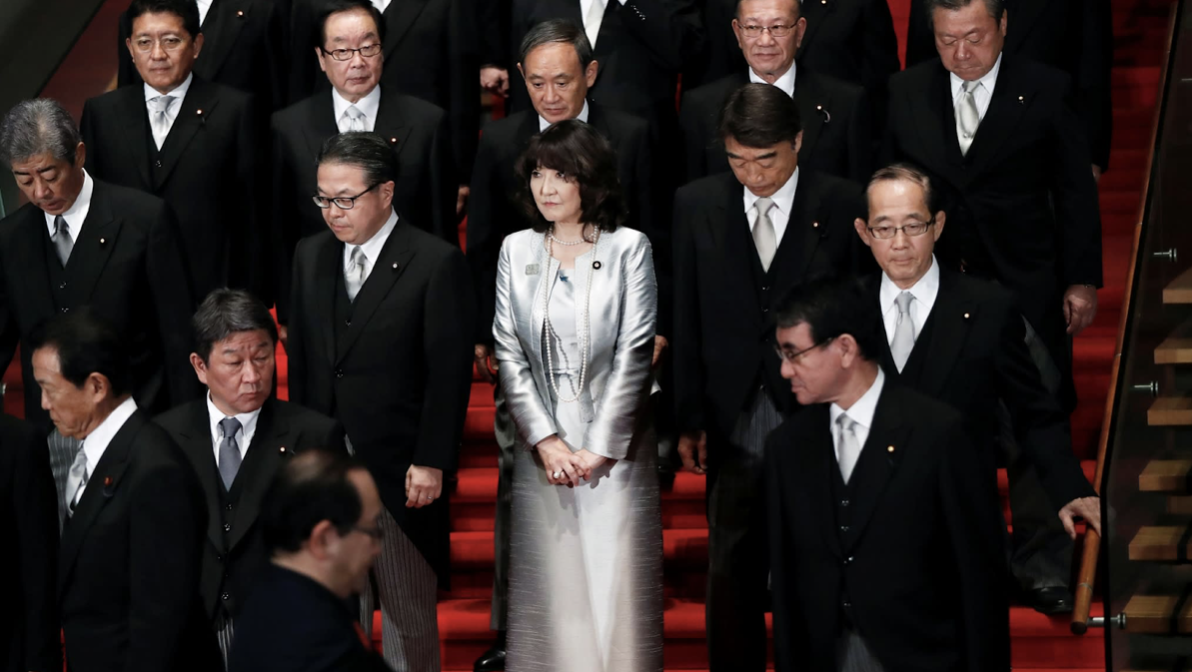ROBERT BORN WRITES– Sunday, March 3, marked a national holiday in Japan called Hinamatsuri, otherwise known as Girls’ Day or Dolls’ Day. The holiday serves to hope for the health and happiness of young girls.
Yet in reality, Japanese culture still shows a brazen unwillingness to support women in the workplace, especially in national politics. Japanese Prime Minister Shinzo Abe’s current cabinet is still dominated by men, and there are scarce opportunities for women to advance in Japanese government.
When Abe was first elected in 2012, he vowed to increase women’s representation and appointed a record number of five women to his cabinet in 2014. However, that number has sharply decreased over the past few years, throughout multiple cabinet shake-ups, with only one woman appointed last year in the current cabinet. Both women from his previous cabinet were replaced by men this past reshuffle in 2018. The sole woman, in his cabinet of 20 members, is Satsuki Katayama who serves as the Minister of Regional Revitalization and Gender Equality.
“I acknowledge that the ratio of women in the cabinet is low,” Abe expressed at a news conference. “I hope that Ms. Katayama, who has enough presence for two or even three people, will raise the banner high for women’s advancement.”
According to the international organization Women in National Parliaments, as of December 2018 Japan ranks 168 out of 193 countries for women in the legislative branch of government. By comparison, in this same study, China ranks 69 and South Korea is 120.
In 2018, Japan’s Parliament attempted to address this issue by passing a law aimed at increasing women’s representation in politics. The bill directs the central government and local municipalities to reduce the scarcity of women in politics. While this law encourages more women to run for office, there are no penalties for failing to adhere to this law, nor are there incentives for parties to prime women for politics and leadership roles.
So what happened to Prime Minister Abe’s policy of Womenomics? And its core belief that female empowerment, as well as economic success, are interdependent? As they say in Japan, Aikawarazu—which means, same as ever or just as always.
This Girl’s Day, then, should focus on Japan’s outdated cultural norms and the need to change the collective consciousness regarding gender roles and women’s place in politics. No more Aikawarazu, please!

